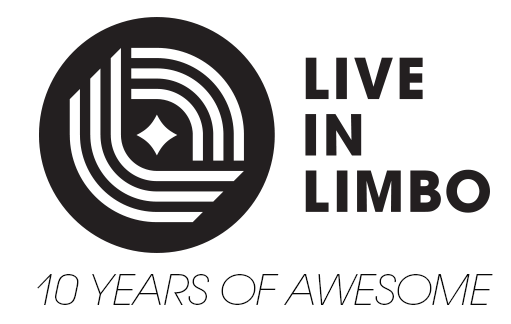
Tune in, turn on and drop out, as the kids once said. It used to be possible to try and divest oneself from society and try to live a different kind of life. Then came the internet, mass media, social media and smartphones. Everyone’s connected, all the time, and there’s no way out. It’s too much for me sometimes: overwhelmed by stress from my personal life and the general bad vibes of Twitter, I had a meltdown and made a fool of myself.
Indeed, it can be too much for just about anyone. War in Ukraine, climate change, Roe v. Wade. As the song goes, every day seems like more bad news. Is there any way out of this cycle?
The Second Substance, the debut novel from Quebecois writer Anne Lardeux, argues that perhaps there is. Maybe you can try to separate yourself from society and create something for yourself, a life on your own terms. It follows a small group of people in rural Quebec who take over an abandoned gas station and live an unconventional sort of life, which in their case means drugs, sex and occasionally a party. But it’s more than just that, too.
Told in fragments and a variety of styles, Lardeux’s book reminds one of novels like Daphne Marlatt’s Ana Historic or Kim Thuy’s Ru. It follows two women, only one of whom uses a name, as they spend a year living rough and rediscovering themselves. By turns sensual and poetic, The Second Substance is a book of images and ideas tied together by a thin plot. Characters weave in and out, names are discarded along with the identities and baggage they carry.
The Girl With No Name, as she stylizes herself, has left a life behind to start a new one in the weeds, joined by a tramp, a runaway and several other people. They chip away at asphalt and smoke endless cigarettes, have sex in an abandoned car and work communally to make it through the long winter. This is a society where they’re unplugged from late capitalism and trying to recreate something of their own; that they’re doing it in the husk of an old gas station – a shining symbol of late capitalism and the destruction of the environment – is a nice ironic touch.
What is the second substance? Is it the thing these people are trying to find? Can it even be described in words? Lardeux seems to struggle with this, but not in a way that’s detrimental. “I’m not even sure I can tell this story,” she writes. “I’m a lost seventies girl in an accelerating world, running like a hamster on a wheel…”
Her characters are longing for something that almost feels beyond language, something that is hard to define and hard to explain, but they feel deep inside themselves. As The Girl With No Name puts it:
“I want to touch the skin of the ones who have stopped seeking out human contact, I want to be seen by the ones the light does not find. I want to find the openings, breaks in the fence.” (pg 24)
Perhaps that’s why she chose this form for her novel, a mix of diary, narration, and screenplay. Her characters search for enlightenment, for grace, and for a feeling that they’re free. They travel to other countries, go deep into the woods and even try to make it work with the people inside the society they’re trying to break free of.
The Second Substance is a book that wrestles with a big question, and although Lardeux tries hard she doesn’t quite pull it off. At times it feels too fragmented, at others like she’s reaching for something just out of reach. Regardless, it’s a worthwhile effort, one that has a haunting and vulnerable quality to it, and remains an interesting read. Strauss’ translation reads well, never with a feeling of being stilted or clunky. And even if the people in her book might not be able to pull off their own unplugging, maybe it will inspire you to try something. I know I did: I deleted my Twitter account.

